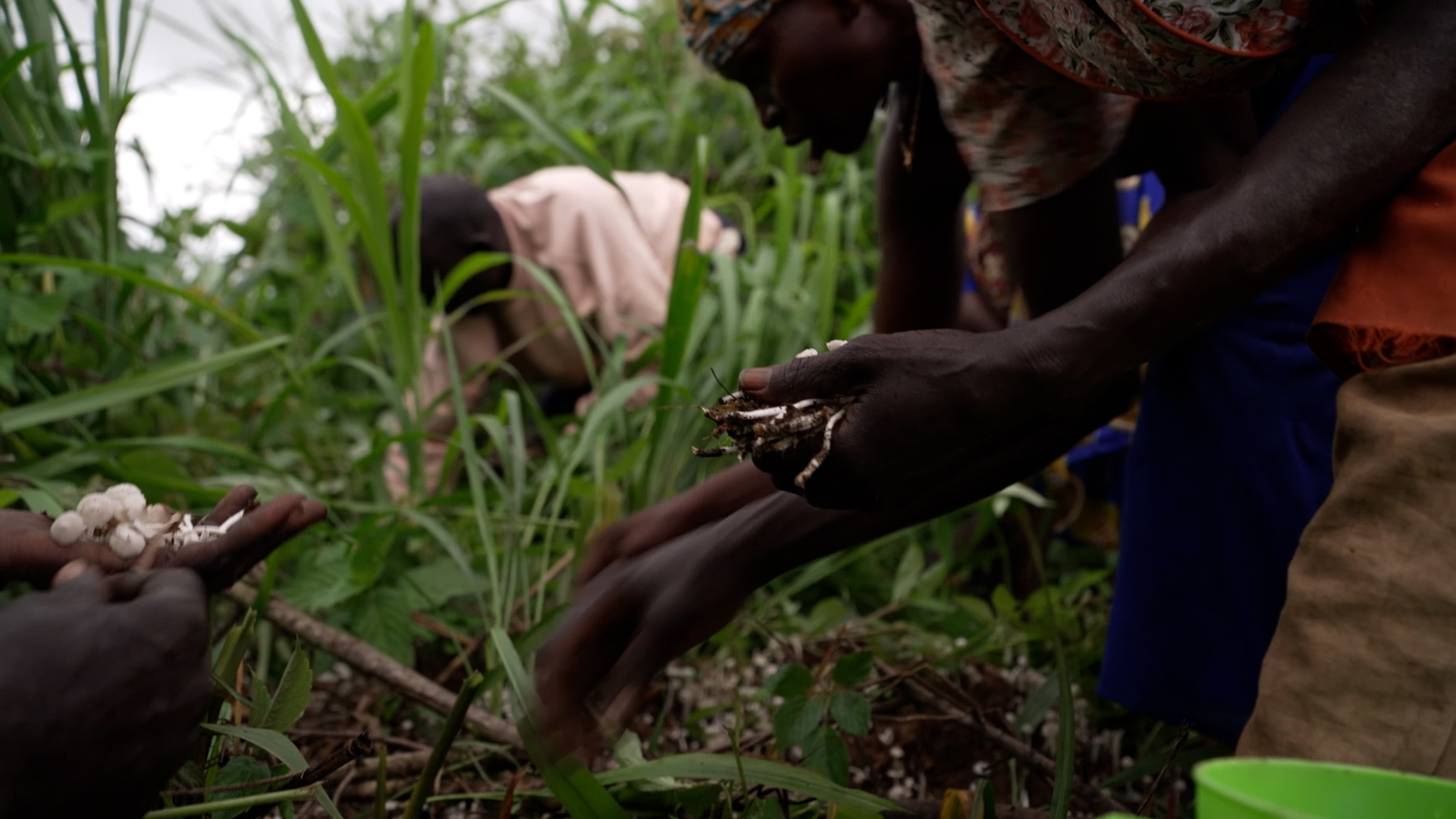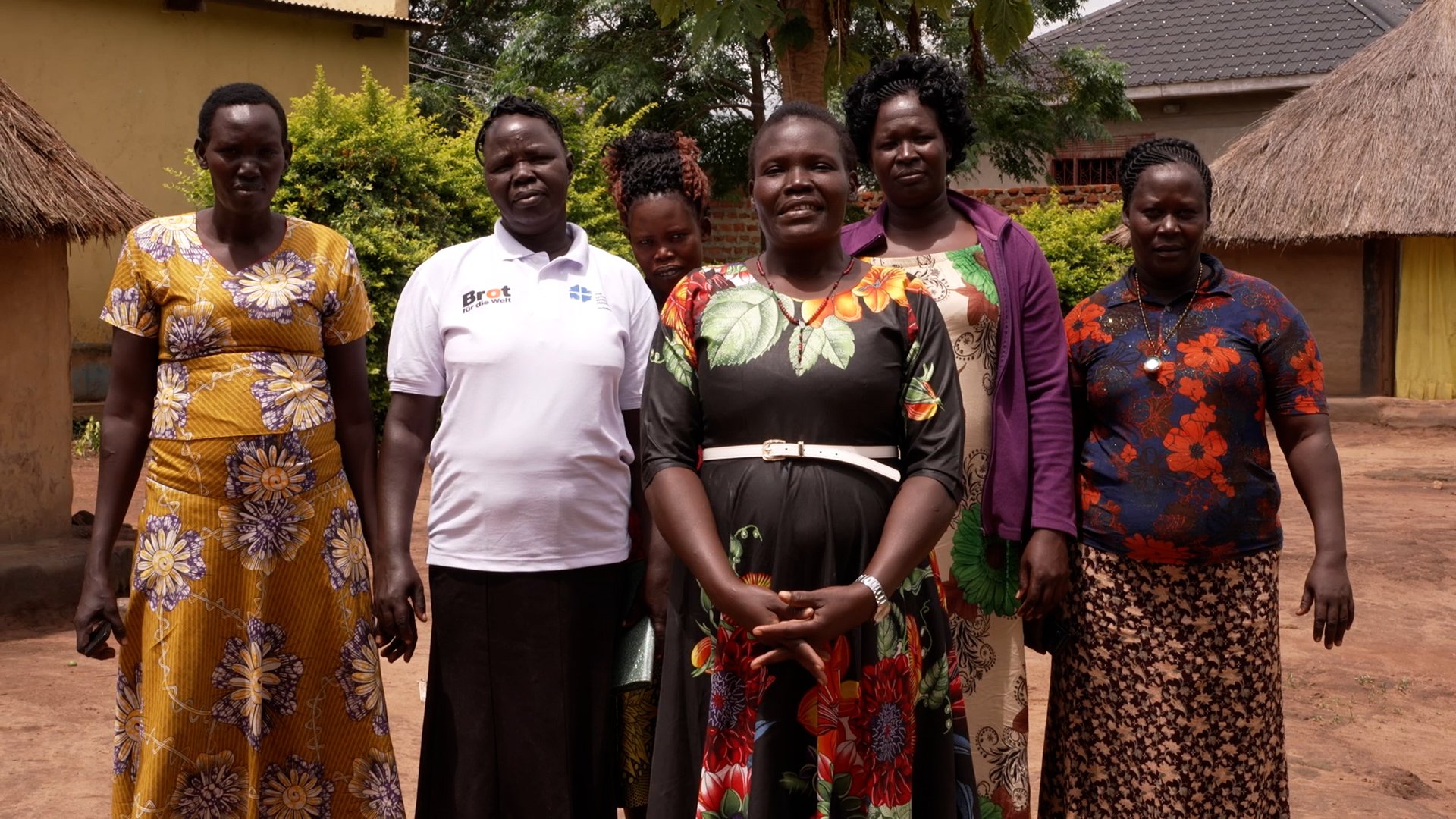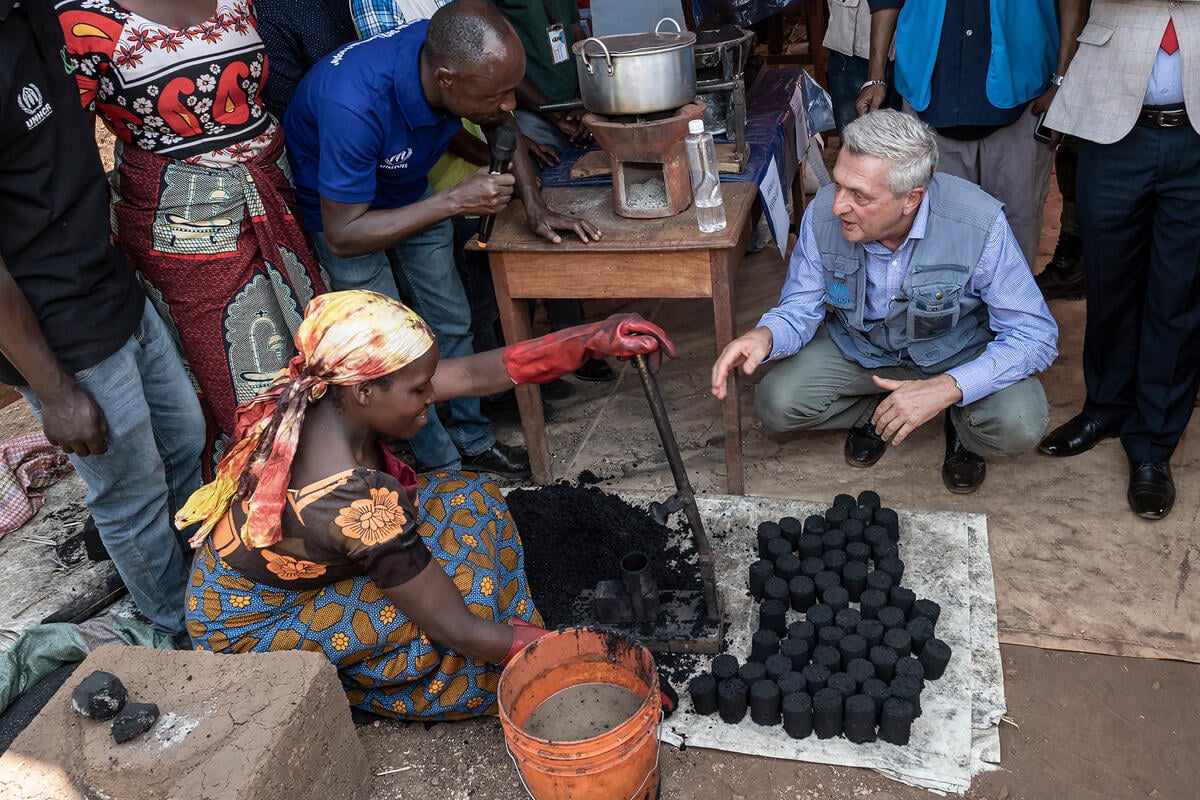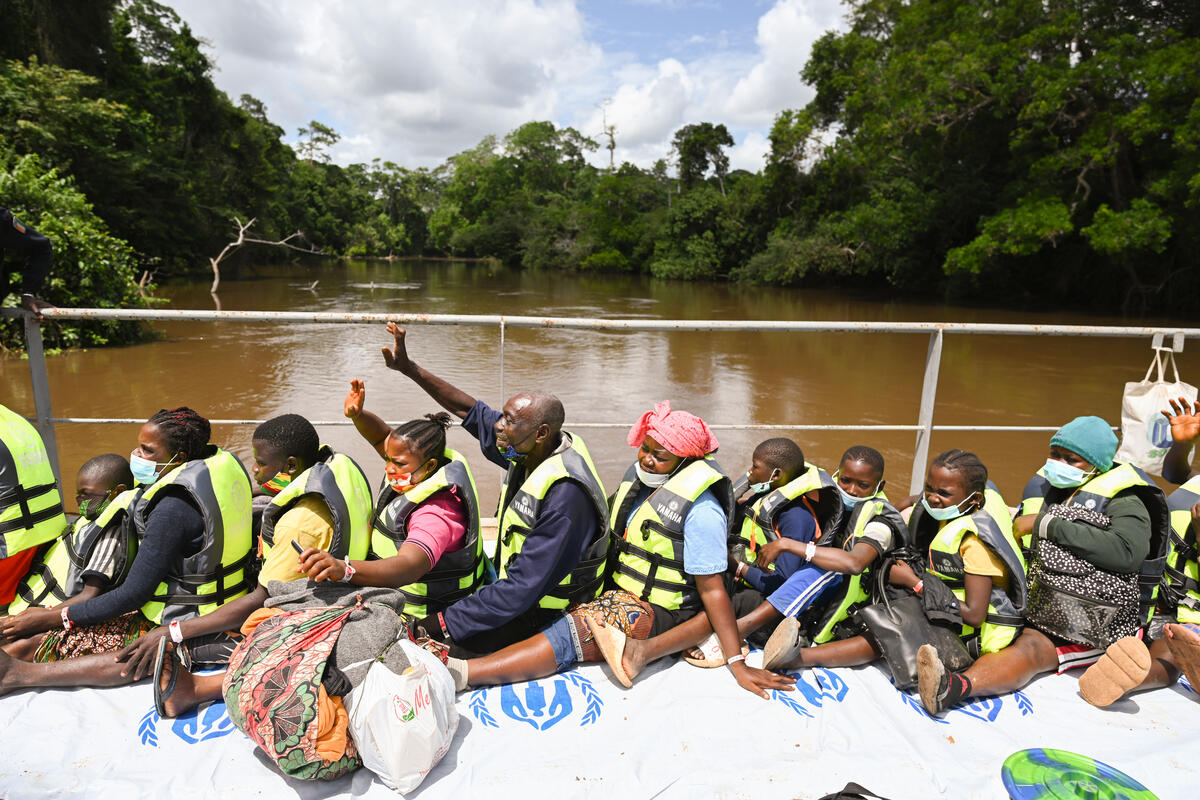Mali refugees cautious about return, despite peace deal
Mali refugees cautious about return, despite peace deal

MBERA CAMP, Mauritania – When militants harassed pastoral nomads in a neighbouring village in northern Mali a few weeks ago, Sow, a father of four, packed his bags and fled – despite a peace accord struck a year ago.
“I heard that the Peuhl community was targeted in the village next to ours and I decided to flee,” says Sow, who sought safety at this camp in neighbouring Mauritania and expects others to follow.
One year after the UN-brokered Algiers Peace and Reconciliation Agreement in Mali was reached, some 130,000 Malians who had run from the conflict in their country continue live in exile, mainly in Burkina Faso, Mauritania and Niger.
In the far south-east of Mauritania, a few kilometres from the border with Mali, Mbera camp hosts 42,000 Malian refugees. Many are from the northern cities of Timbuktu and Léré, where the situation remains volatile, marked by frequent clashes between armed groups, banditry and militant attacks.
Despite the 2015 peace agreement, which ended decades of uprisings in Mali’s desert north, tensions in the area continue to trigger new influxes of refugees to Mauritania. More than 500 new arrivals have been registered since spring 2015 by UNHCR, the UN Refugee Agency.
“The insecurity that made me flee in the first place is still there.”
Sow was among more than 70 people who recently arrived from the Peuhl areas of Nampala and Diaoura. He is not alone in his concerns. Like others at the camp, religious leader and teacher Mamadou uses the word “fear” to explain why he left Mali.
“The insecurity that made me flee in the first place is still there,” says the “marabout,” who instructs 10 students between the ages of six and 11 in the Koran. “If the security situation in northern Mali goes back to how it was before the war, I will return,” he adds.
He cites the lack of income-generating opportunities in war-torn northern Mali as another important factor for not returning yet. “People who went back did not find a job,” he says.
Refugee protection is the priority for UNHCR. On June 16, the Governments of Mali and Mauritania signed a Tripartite Agreement together with UNHCR. It provides a legal framework to protect refugees deciding to return to Mali as well as those willing to stay in Mauritania.

While many are cautious about going back, a growing number have decided it is time to go home. Between December and June 2016, UNHCR helped some 2,000 refugees return to Mali, compared to fewer than five returns in the same time period the year before.
Lamine is among those planning to return. Although he says his family lives “very well and in safety” at Mbera, after three years in the camp, he believes that it is time to go home. During “go-and-see” visits to Mali, he found his houses destroyed, with doors, windows and other items stolen and the rest damaged by the harsh climate.
“We are going back to rebuild it,” he says. Should the security conditions in return areas deteriorate, he would also consider returning to Mbera camp as an option, he says.
“There are roadblocks and people with weapons who come to rob you.”
Among those who have already returned to Mali after a long exile at Mbera camp is 18-year-old Ahmed, who went back to the Timbuktu area in March 2016 and found his house destroyed. The young man sees banditry and the lack of basic infrastructure in small villages as the main difficulties.
“There are roadblocks and people with weapons who come to rob you,” he said. “There is no education in small villages, as teachers are scared of travelling there every morning,” he added.
Sow, Mamadou and other refugees in Mauritania are concerned that it could take several years for northern Mali to stabilize, and for basic infrastructure like wells and hospitals to be rebuilt.
*Names changed for protection reasons.








